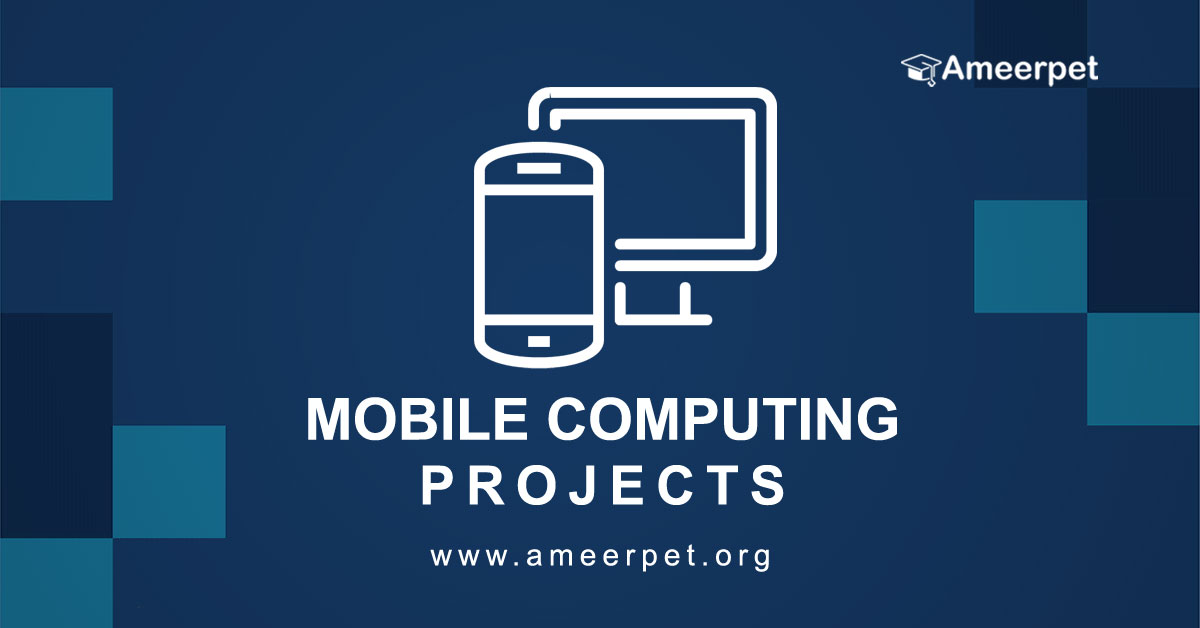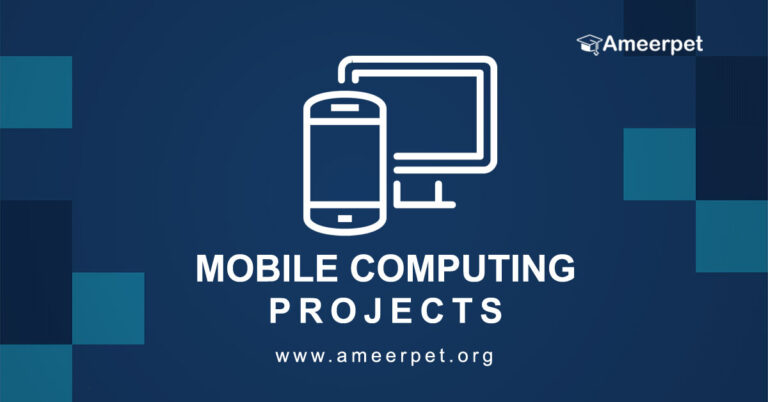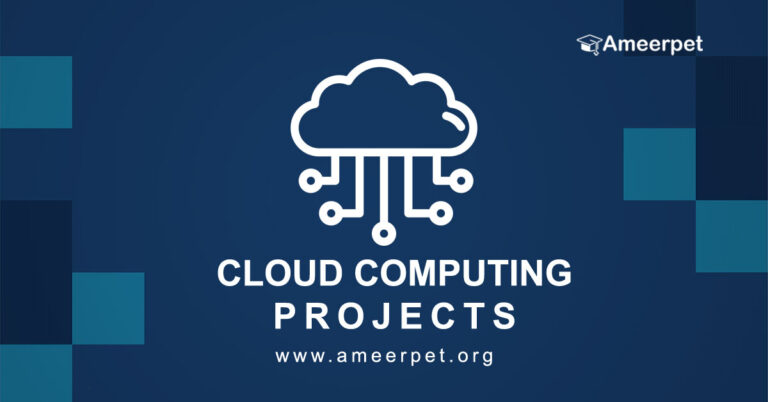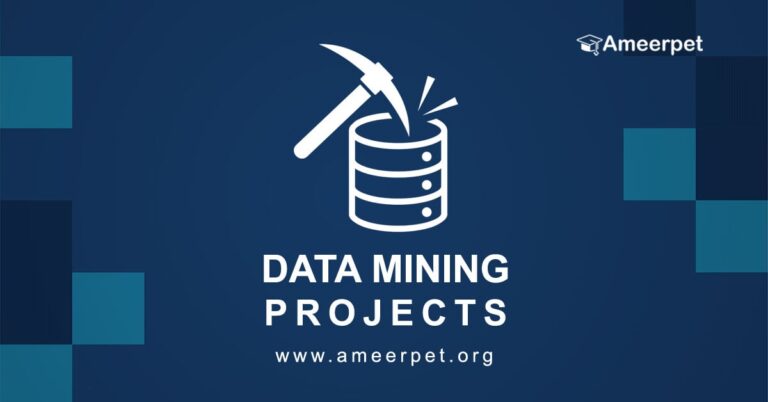
Abstract:
Participatory mobile crowdsensing (MCS) requires users to repeatedly choose between two options: whether to contribute to a task and which task to contribute to. The platform coordinating MCS campaigns often engineers these choices by recommending MCS tasks to users and offering monetary or in-kind rewards to encourage their contributions.
This project revisits the well-studied question of how to optimize mobile end user contributions to MCS tasks. We explicitly account for bounded rationality in human decision making, unlike most related literature. Cognitive and other constraints, like time pressure, cause bounded rationality, which behavioral science has extensively studied.
We first model boundedly rational users’ MCS task offers as Fast-and-Frugal-Trees (FFTs) using cognitive psychology. FFTs make satisfying but not optimal decisions by sequentially parsing lexicographically ordered features for each MCS task.
We then formulate, analyze, and solve the new optimization problems for nonprofit and for-profit MCS platforms. Our optimization approach outperforms heuristic rules that ignore the lexicographic structure of human decision making in platform revenue and task contribution quality.
This modeling framework easily applies to platforms that offer multiple tasks to users. Finally, we discuss how these models can be trained, iterate on their assumptions, and discuss their applications beyond MCS, where end-users make choices through mobile/online platforms.
Note: Please discuss with our team before submitting this abstract to the college. This Abstract or Synopsis varies based on student project requirements.
Did you like this final year project?
To download this project Code with thesis report and project training... Click Here


